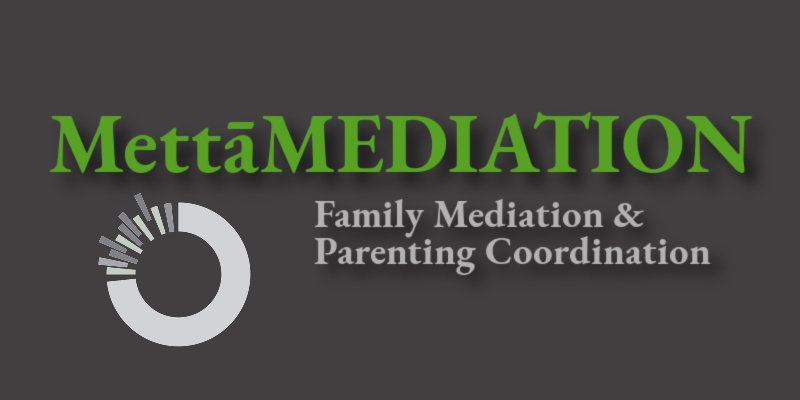EDUCATION IN PICTURES..and more
Sometimes, seeing is believing. In this resource, we have included images with some important concepts, for the purposes of educating and of further broadening our understnading of ourselves, as humans, how we function and how our behaviour impacts others, including children.
We have also included some LINKS to additional resources.

-

CHARACTERISTICS OF EFFECTIVE COMMUNICATION
Effective communication is not an accident. It takes practice and attention. It can serve as one of the important keys to unlocking a dispute, and to resolving it with long-lasting solutions.
-

FOUR PARENTING STYLES
Sometimes, identifying and naming what we do, and then better understanding why we do it is the first step to change. This diagram illustrates the four basic parenting styles. Bear in mind that no human ever fits neatly into any one construct, so variations are possible.
-

STAGES OF BEHAVIOUR CHANGE
Effecting change at a personal, group, community or system level is, in our view, one of the most complex efforts any one of us can undertake. Effecting change in parents, to address parental conflict, is no less challenging, and might begin with a basic understanding of the stages of behaviour change.
-

THREE STYLES OF COMMUNICATION
These three types of communication apply to all walks of life. They are key concepts in Motivational Interviewing but can also be used in parenting.
-

THREE TYPES OF STRESS
Not every level of stress is “toxic stress” but this type of stress is one that affects children in very real ways - sometimes seen and at other times unseen. Learn more HERE.
-

CHILDREN'S LETTERS TO FAMILY COURT JUDGES
This is an example of an actual letter sent to a family cour Judge by a child, in the contents of divorce or separation. Children can be profoundly impacted by their parents’ conflict, and we must do all we can to shield them from such discord.
-

AIMING TO DISENGAGE
It may not be possible for parents to be friends once they separate as romantic partners. But it should be possible for them to disengage - for the sake of their children. The first steps might be to unclench their angry fists so they can shake hands.
-

PEACE AND CONFLICT
For many couples, “peace” means recognizing the ever-present possiblity of conflict, but learning to live with that possibilty, and chosing to disengage.
-

UNLEARN TO LEARN
Broadening horizons often means recognizing what we have done before does not work.
-

SERVE AND RETURN
Serve and return interactions are crucial to healthy child brain development. They help the child learn to navigate the world around them. More than that, they assist in shaping healthy brain architecture. Learn more HERE.

